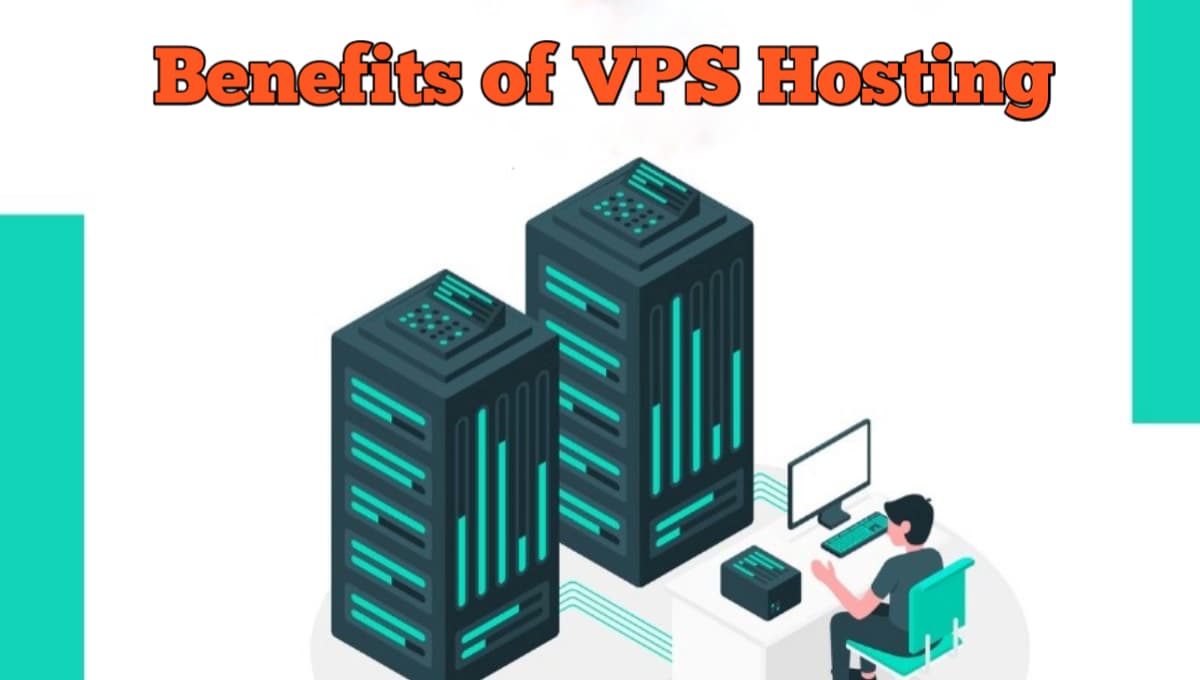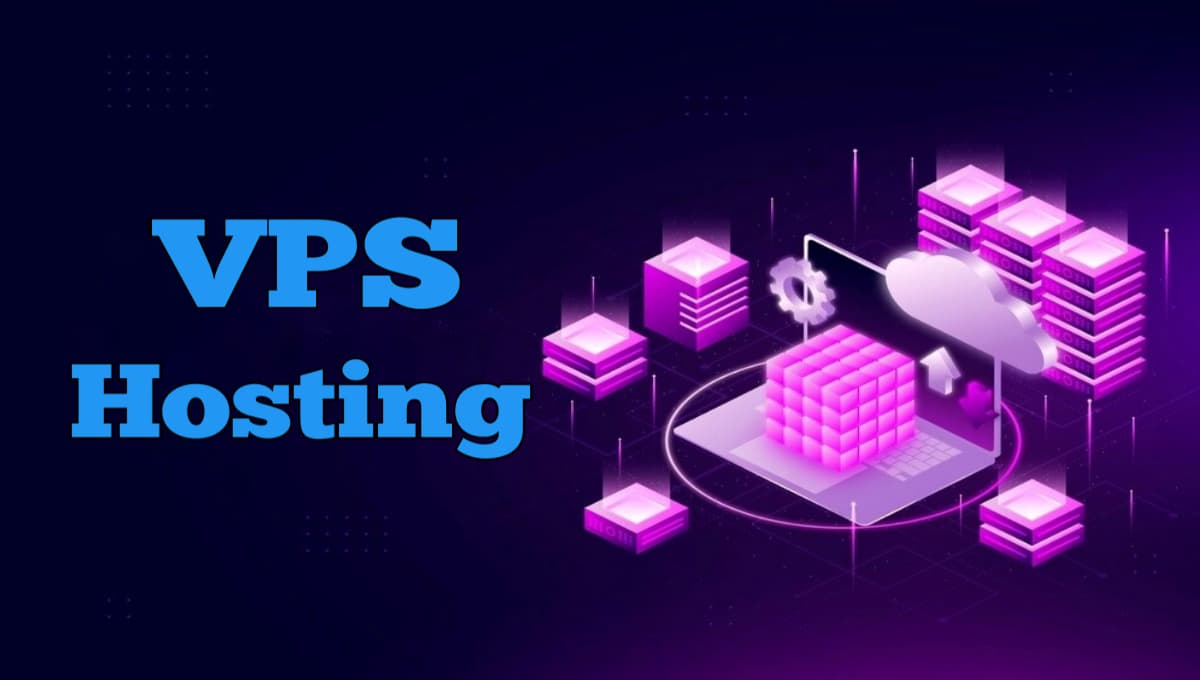Introduction
But is it worth it? Absolutely. In this guide, we'll break down the key benefits of VPS hosting, who it's best for, and how it can transform your website's performance. Plus, I'll share a great deal on reliable VPS hosting to help you get started.
What Is VPS Hosting? (And How Does It Work?)
Before we get into the benefits, let's quickly cover what VPS hosting is.
A Virtual Private Server (VPS) is a middle ground between shared hosting and a dedicated server. Here's how it works:
- A physical server is split into multiple virtual servers using virtualization technology.
- Each VPS acts like its own independent server, with dedicated resources (CPU, RAM, storage).
- You get root access (full control) just like a dedicated server, but at a fraction of the cost.
Think of it like living in an apartment building:
- Shared Hosting = A shared room (you compete for resources with neighbors).
- VPS Hosting = Your own private apartment (dedicated space, no noisy neighbors).
- Dedicated Server = Owning the whole building (expensive, but all yours).
If your website has outgrown shared hosting but isn't ready for a full dedicated server, VPS is the perfect upgrade.
The Top Benefits of VPS Hosting
Now, let's get into the real advantages of choosing VPS hosting.
Benefit 1: Better Performance & Faster Load Times
Nobody likes a slow website. Studies show that 53% of visitors abandon a site if it takes longer than 3 seconds to load.
With VPS hosting, you get:
- Guaranteed resources (no sharing CPU or RAM with other sites).
- SSD storage (faster data access than traditional HDDs).
- Optimized server environments (better for high-traffic sites).
Real-world example: A friend of mine switched from shared hosting to a VPS plan from Hostinger (with their exclusive 95% discount) and saw their site speed improve by 40% overnight.
Benefit 2: Enhanced Security & Isolation
Shared hosting is like using a public computer—if one site gets hacked, others are at risk. VPS hosting keeps your site isolated, meaning:
- No “bad neighbor” effect (other sites can't affect yours).
- Private server environment (custom firewalls, security setups).
- Regular backups & DDoS protection (many providers include this).
If you handle sensitive data (like eCommerce transactions), VPS is a must for security.
Benefit 3: Full Root Access & Customization
Want to install custom software, tweak server settings, or run specific scripts? With VPS, you get full root access, meaning:
- Install any OS (Linux, Windows).
- Configure server settings for peak performance.
- Set up custom security protocols.
This is huge for developers or businesses needing specialized setups.
Benefit 4: Scalability (Grow Without Limits)
With shared hosting, you hit a hard limit on resources. VPS lets you scale up instantly when traffic spikes.
- Need more RAM? Upgrade with a few clicks.
- Expecting a Black Friday traffic surge? Temporarily boost resources.
This flexibility is game-changing for growing businesses.
Benefit 5: Cost-Effective (More Power, Lower Price)
Dedicated servers can cost hundreds per month. A good VPS plan starts at just $5-$20/month, giving you 80% of the power at 20% of the cost.
For example, Hostinger's VPS plans offer premium features at insanely affordable rates (especially with their discounts).
Who Should Use VPS Hosting?
VPS isn't for everyone, but it's perfect for:
- Growing websites (10 K+ monthly visitors).
- E-commerce stores (better security & speed).
- Developers (need full server control).
- Agencies (hosting multiple client sites).
- Gaming servers (low latency, high performance).
If you're still on shared hosting but experiencing slowdowns or security concerns, it's time to consider a VPS.
Potential Downsides of VPS Hosting
No solution is perfect. Here are a few considerations:
- Slightly more expensive than shared hosting (but worth it).
- Requires basic server knowledge (though managed VPS exists).
- Overkill for tiny blogs (stick with shared hosting if traffic is low).
For most users, the pros far outweigh the cons.
How to Choose the Best VPS Hosting Provider
Not all VPS providers are equal. Look for:
- SSD storage (faster than HDD).
- 24/7 support (crucial for emergencies).
- Scalability (easy upgrades).
- Managed options (if you're not tech-savvy).
One of my top recommendations is Hostinger's VPS hosting—affordable, reliable, and beginner-friendly.
FAQs About VPS Hosting
Is VPS hosting good for beginners?
Yes! Many providers (like Hostinger) offer managed VPS, meaning they handle server maintenance for you.
How much does VPS hosting cost?
Prices range from $5 to $100+/month, depending on resources.
Can I upgrade from shared hosting to VPS?
Absolutely! Most hosts make migration easy (some even do it for free).
Do I need a VPS for a small blog?
Only if you expect rapid growth. Otherwise, shared hosting is fine.
Is VPS more secure than shared hosting?
Yes! Isolated environments reduce hacking risks significantly.
Final Thoughts: Is VPS Hosting Worth It?
If your website is growing, VPS hosting is a smart investment. It offers better speed, security, and scalability without breaking the bank.
Ready to upgrade? Check out Hostinger's VPS plans—they're affordable, high-performance, and perfect for beginners and pros alike.



